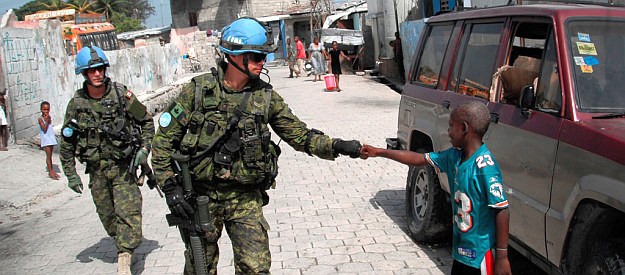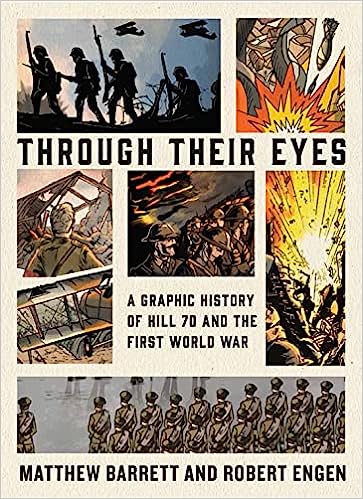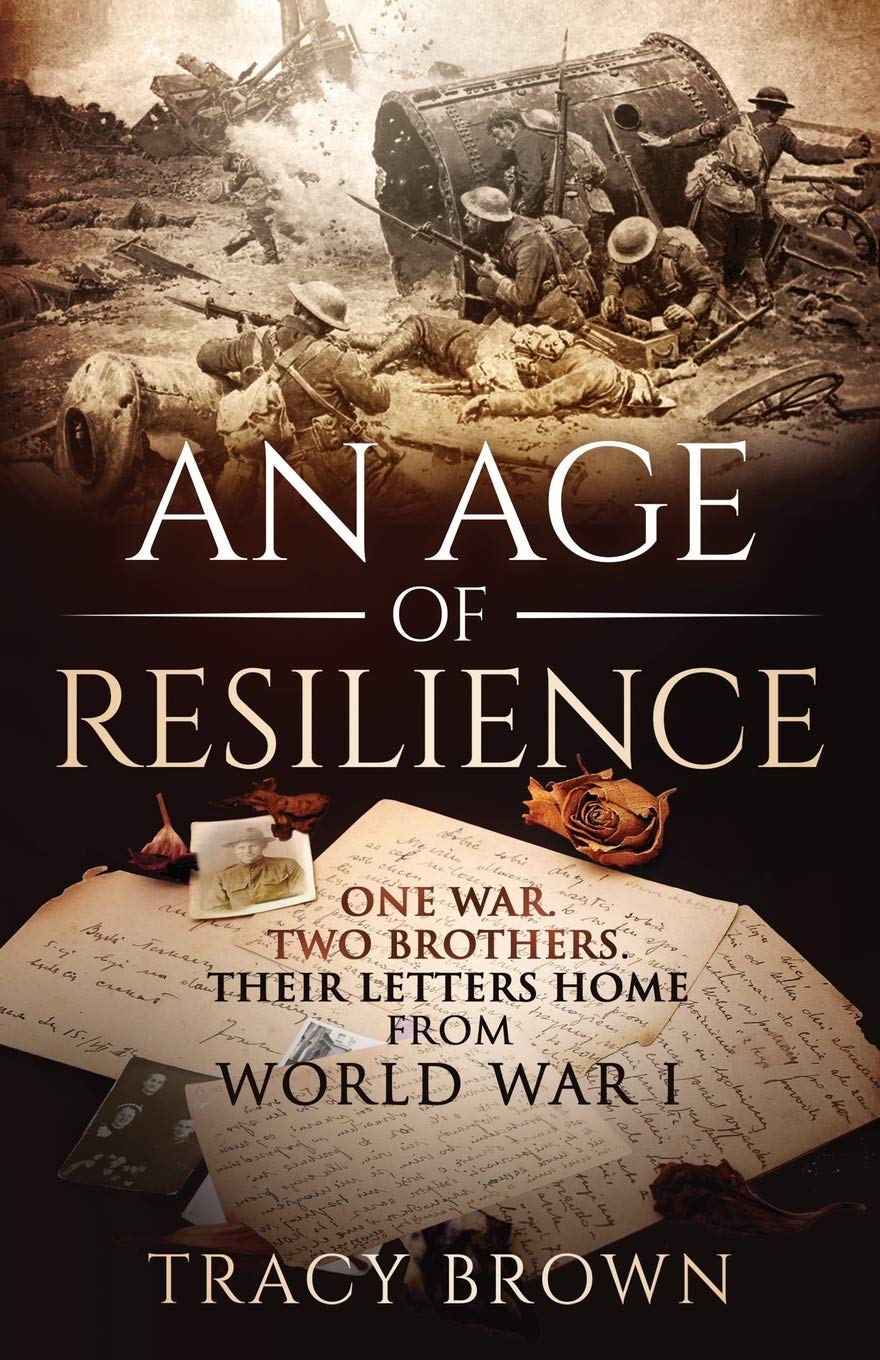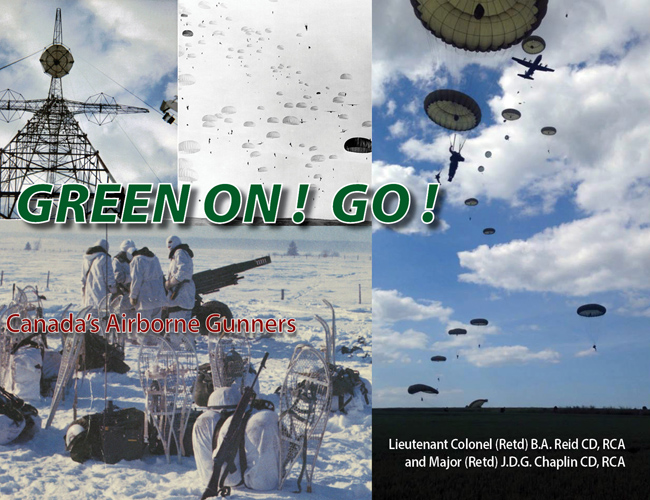Peacekeeping Missions
May 01, 1947Canada’s role in the development of peacekeeping during the 20th century led to the establishment of Canada as a prominent world power. Canada’s commitment to multilateralism has been closely related to peacekeeping efforts. Canadian Nobel Peace Prize laureate Lester B. Pearson is considered to be the father of modern United Nations Peacekeeping. Prior to Canada’s role in the Suez Canal Crisis, Canada was viewed by many as insignificant in issues of the world’s traditional powers. Canada’s successful role in the conflict gave Canada credibility and established it as a nation fighting for the common good of all the world’s nations and not just their allies.
More than 125,000 Canadian Armed Forces members have served in dozens of international peace missions to more than 35 countries over the past six decades. Approximately 130 Canadians have died in these efforts and many more have suffered physical and mental injury.
In 1988, the prestigious Nobel Peace Prize was collectively awarded to the world’s peacekeepers, including thousands of Canadians, who served in UN missions during that year. This honour inspired Canada to create the Canadian Peacekeeping Service Medal. Tens of thousands of serving Canadian Armed Forces members and Veterans proudly wear this medal.
Resources
Documents- Peacekeeping Fatalities by Nationality and Mission United Nations Peacekeeping
- List of Canadian Peacekeeping Missions Wikipedia
- Peace Support Operations (1954-present) Government of Canada



